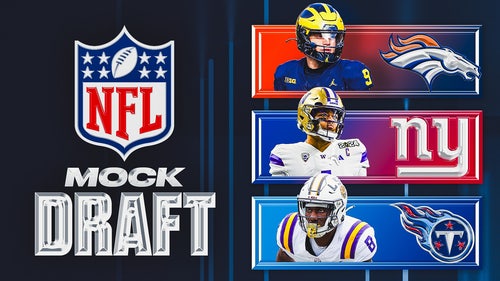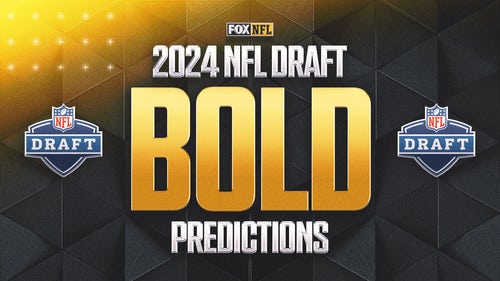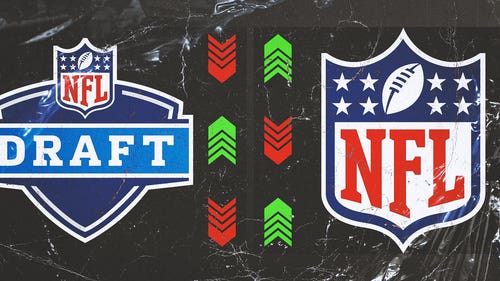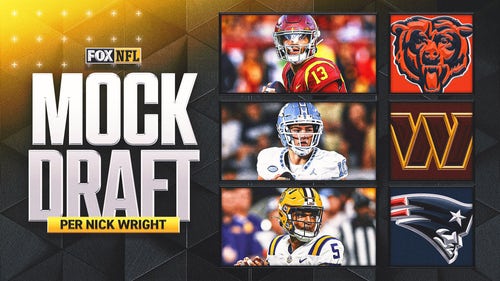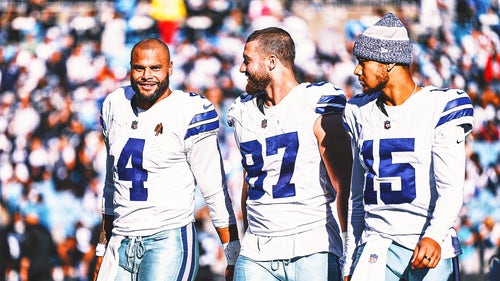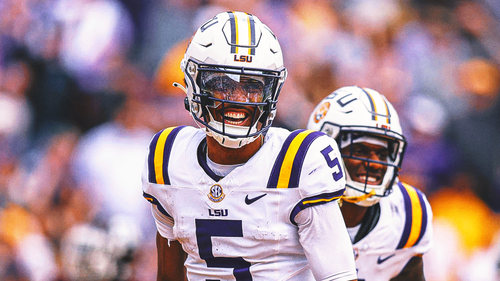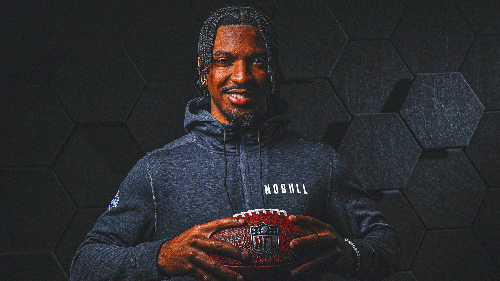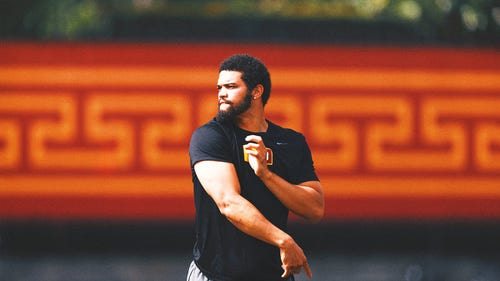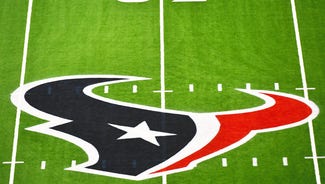
Teach your children athletes well
There is a difficult, preventive step the major sports leagues could take to support a high-integrity athletic culture, improve the product they put on the field, diamond, court and ice and reduce the chance their leagues are infiltrated by common criminals.
We too often think punishment is the cure for whatever ails us. Roger Goodell can’t scare straight a 23-year-old, millionaire tight end hell bent on keeping it real stupid. The thought of a life spent in prison away from his 8-month-old child did not stop Aaron Hernandez from allegedly involving himself in murder. What punishment could a commissioner threaten more severe than what the state of Massachusetts plans for Hernandez?
No. A commissioner should focus his energies and resources on prevention. What can the NFL, MLB, NBA, NHL and NCAA do to enhance their products and guide their athletes in a healthy direction?
We need high-end, year-round sports academies for youths that are financed by the major pro sports leagues, including the NCAA.
As I argued in my Aaron Hernandez column on Monday, American athletic culture is rotting. The symptoms and seeds of mindless rebellion have planted flags inside sports culture, one founded on the principles of patriotism and America’s most important ideals and values.
Sports have long served as the connective fabric in our melting pot. They not only bring us together, they push us forward. Jackie Robinson and Branch Rickey were more than a decade ahead of Martin Luther King Jr. and Lyndon Johnson. Jesse Owens and Joe Louis dealt Adolf Hitler his first crippling losses.
Sports have never just been fun and games in America. They’ve served as an important symbolic institution of American spirit, excellence and courage.
Sports, and the ideals represented within them, are worth protecting. You don’t protect the things most valuable and dear to you with punishment. You protect them with preventive vision first and punishment as a last resort.
We have not protected sports culture. Rather than doing the hard work of aligning the sports world’s business interest with the best interest of American society, we have taken the shortsighted approach of calling for more punishment. Or we have convinced ourselves that it’s OK for sports to become another form of mindless reality TV, no different from “American Idol.”
Overrun by television money and the denial that great wealth produces, sports culture looks, feels and acts a lot like Hollywood culture. Sports culture has lost its way. It’s surrendered a great deal of its cultural influence and takes all of its pride in its ability to command enormous television contracts.
Why are sports stars losing their standing in American society? Because TV-money-saturated, modern sports culture produces an inferior sports star. I’m not blaming the athlete. I’m blaming the culture that cultivates him.
You put Hank Aaron in a baseball system that promises lifetime financial security and generational wealth for its biggest stars, and there’s a good chance he cuts the same corner Barry Bonds did.
Money is a corruptive force.
You put Kareem Abdul-Jabbar in a basketball system that delivers mega-shoe contracts to teenage prospects, and there’s a good chance Lew Alcindor cuts his intellectual/educational evolution short and leaves UCLA after one season. That Lew Alcindor may never stand up for Muhammad Ali.
So many things have changed over the past 40 years. It’s not just sports culture. Nixon’s drug war — the one Reagan financed and Clinton politically exploited with his race-baiting, three-strikes sentencing guidelines — gutted minority family structures and laid the foundation for the rise of hip-hop/gangster popular culture.
America changed. It’s time for a new approach in athletics that recognizes where we are in modern society.
The walls separating the major sports leagues and the NCAA must come down. The charade of amateurism must end. There should be cooperation and partnership between the pro sports leagues and the NCAA. Their first endeavor should be opening national sports/education academies for the most talented 13- to 18-year-olds in the country.
Long before they reach a college campus or professional sports league, too many promising teenage athletes establish lifelong allegiances to people/organizations/cultures that do not have their best interest.
The American military has the Junior Reserve Officer Training Corps so that it can set its hook in the mouth of high school students before a gang, potheads, a whore or some other corruptive force does. It’s a smart play. It’s preventive. The military doesn’t leave the JROTC to underpaid, overworked, distracted high school teachers. The American military recruits and cultivates its best and brightest with its own retired personnel.
Why are we not doing this in sports? Why wasn’t a 14-year-old LeBron James mentored, trained and taught the history and importance of basketball by Bill Russell, Julius Erving, Bill Walton, Bob Cousy, Andrew Toney, Rick Mahorn, Craig Ehlo and countless former college and pro players?
What sense does it make to leave summer basketball in the hands of volunteer, opportunistic coaches who have virtually no expertise and even less oversight?
Why are we not jumping athletes into the athletic-culture gang long before they join the Crips or the Bloods? Kids want to belong to something. They want structure. Given their historical role in our society, elite teenage athletes should be pledging allegiance to the American Sports Flag every day. They should be taught the history of sports and its patriotic role in our society.
It’s not only the right thing to do, it’s good business. With the right adolescent training, we would produce better and more marketable athletes. If we developed a true partnership between the NCAA and professional sports, we could figure out a way to financially compensate the college stars who have the best chance of becoming professionals while they complete their four years of collegiate eligibility. That’s good business, and it’s fair to the athletes.
A partnership among elite athletes, pro sports leagues and the NCAA would allow pro teams and universities to monitor and mentor troubled athletes before they arrived on campus or signed a contract. You could develop a pay system in the pro ranks that financially incentivized high school and college athletes to pursue education and stay out of trouble.
Would these measures ensure there’s never another Aaron Hernandez situation? No. But they’re a far superior option to Roger Goodell, David Stern and Bud Selig threatening stiffer punishment for criminal and unethical behavior.
We can improve the sports world on the front end, not the back.






































































































































